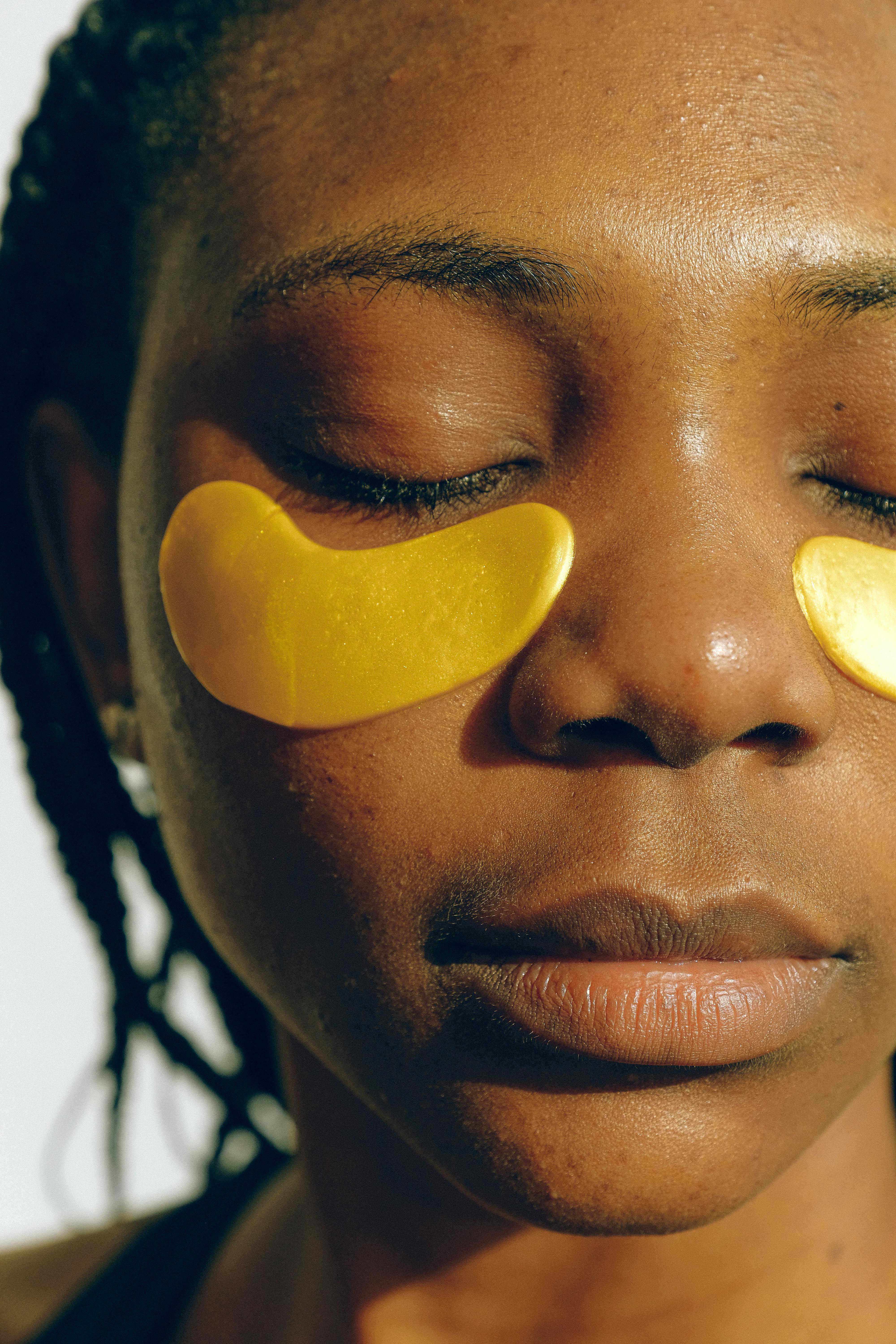Discover the incredible benefits of collagen for your skin. Find out how it reduces wrinkles, hydrates, firms, minimizes scars, and protects against sun damage. Improve your skin’s texture and even out skin tone with collagen. Don’t miss out on the key to youthful and healthy-looking skin!
In today’s fast-paced world, it can be a challenge to find effective ways to enhance the beauty and health of your skin. When it comes to skincare, one term that has been making waves in the beauty industry is collagen. Renowned for its incredible benefits, collagen has become a popular choice for those seeking a natural solution to boost their skin’s radiance and vitality. This article aims to delve into the amazing benefits of collagen for your skin, providing valuable insights into its advantages, potential side effects, and more. Whether you’re curious about improving your skin’s elasticity or preventing premature aging, understanding collagen’s potential can empower you to make informed decisions about your skincare routine.
What is Collagen?
Collagen definition
Collagen is a protein found in the human body that plays a crucial role in maintaining the health and structure of various tissues, including the skin. It is the most abundant protein in our body, accounting for about 30% of its total protein content. Collagen provides strength, elasticity, and firmness to our skin, making it an essential component for maintaining youthful and healthy-looking skin.
Types of collagen
There are several types of collagen present in the human body, but the most common ones found in the skin are Type I, Type II, and Type III collagen.
- Type I collagen: This type is responsible for providing structural support to the skin, bones, tendons, and ligaments. It gives the skin its strength and prevents it from sagging or becoming loose.
- Type II collagen: It is mainly found in cartilage and is essential for maintaining joint health.
- Type III collagen: This collagen type is often found in the skin, blood vessels, and organs, and it supports the structure and elasticity of tissues.
Importance of Collagen for Skin Health
Role of collagen in skin structure
Collagen plays a vital role in maintaining the structure of the skin. It provides support to the epidermis (outer layer) and the dermis (middle layer) of the skin, preventing sagging and wrinkling. Collagen fibers are arranged in a tight and organized manner, creating a network that gives the skin its strength and elasticity.
Effects of collagen loss on the skin
As we age, the production of collagen in our body naturally declines. This collagen loss leads to various visible signs of aging, including wrinkles, sagging skin, and dryness. External factors, such as sun exposure and pollution, can further accelerate collagen breakdown, leading to premature aging. Therefore, maintaining optimal collagen levels in the skin is essential for preserving its youthful appearance.

1. Reduction of Wrinkles
Stimulating collagen production
One of the key benefits of collagen for skin health is its ability to reduce wrinkles. Collagen stimulates the production of new collagen fibers, which helps to improve the elasticity and firmness of the skin. By increasing collagen production, wrinkles can be minimized, and the skin can appear smoother and more youthful.
Improving skin elasticity
Collagen also plays a significant role in maintaining the elasticity of the skin. It helps to retain moisture, which keeps the skin hydrated and plump. When collagen levels are optimal, the skin is better able to bounce back from stretching or contracting, reducing the formation of fine lines and wrinkles.
2. Skin Hydration
Retaining moisture in the skin
Collagen helps to retain moisture in the skin, keeping it hydrated and healthy. It has a unique ability to attract and retain water molecules, preventing the skin from becoming dry and dehydrated. Adequate hydration is vital for maintaining the skin’s natural barrier function and preventing water loss.
Preventing dryness and flakiness
When the skin lacks collagen, it can become dry, rough, and prone to flakiness. Dry skin can lead to discomfort, irritation, and a dull complexion. By promoting moisture retention, collagen helps to prevent dryness and keeps the skin supple, soft, and smooth.

3. Enhanced Skin Firmness
Supporting connective tissues
Collagen is a key component of the connective tissues in the skin. It provides structural support and helps to maintain the firmness and tightness of the skin. With age, collagen fibers become weaker, leading to a loss of skin firmness and the development of sagging and wrinkles. By replenishing collagen levels, the skin’s connective tissues are strengthened, resulting in improved skin firmness.
Promoting tighter and more lifted skin
By improving the strength of the skin’s connective tissues, collagen also helps to promote a tighter and more lifted appearance. It can help to redefine facial contours and reduce the visibility of sagging skin, giving the face a more youthful and rejuvenated look.
4. Scar Minimization
Assisting in wound healing
Collagen plays a crucial role in wound healing, aiding in the formation of new tissue. When the skin is injured, collagen helps to rebuild and repair damaged areas, promoting the healing process. It provides a framework for the growth of new cells and tissues, helping to minimize the formation of scars.
Reducing scar visibility
Scars result from the body’s natural healing process after an injury or surgery. While it is not possible to completely eliminate scars, collagen can help to reduce their visibility. The formation of collagen in scar tissue can help to smooth and soften the appearance of scars, making them less noticeable over time.

5. Sun Damage Protection
Shielding against UV-induced photoaging
Excessive sun exposure can cause significant damage to the skin, leading to premature aging. Collagen plays a role in protecting the skin against UV-induced photoaging. It helps to neutralize free radicals generated by UV radiation, reducing their damaging effects on collagen fibers. By preserving collagen levels, the skin is better equipped to withstand sun damage and maintain its youthful appearance.
Reducing sunburn inflammation
When the skin is exposed to intense UV radiation, it can result in sunburn, inflammation, and redness. Collagen can help to reduce sunburn inflammation by soothing and calming the skin. It aids in the healing process and minimizes the discomfort associated with sunburnt skin.
6. Improved Skin Texture
Promoting smoother and softer skin
Collagen contributes to the overall texture of the skin, making it smoother and softer. It helps to refine the skin’s surface, minimizing the appearance of roughness and unevenness. By promoting the production of collagen, the skin’s texture can be improved, resulting in a more youthful and refined complexion.
Reducing the appearance of cellulite
Cellulite is a common concern for many individuals, especially women. It is characterized by the dimpled and lumpy appearance of the skin, particularly in areas with a high concentration of fat cells. Collagen can help to reduce the visibility of cellulite by promoting the strength and elasticity of the skin. When the skin is firmer and more toned, the appearance of cellulite is less pronounced.
7. Even Skin Tone
Lightening hyperpigmentation
Hyperpigmentation refers to the darkening of certain areas of the skin, often caused by an overproduction of melanin. Collagen can help to even out skin tone by reducing the appearance of hyperpigmentation. It promotes the renewal of skin cells, allowing for a more balanced distribution of melanin and a reduction in dark spots.
Reducing the visibility of dark spots
Dark spots, also known as age spots or sunspots, are common signs of aging and sun damage. Collagen can help to fade the visibility of these dark spots, giving the skin a more even and uniform complexion. By promoting skin cell turnover and renewal, collagen contributes to a brighter and fresher appearance.
10. Protects Against Skin Aging
Preventing premature signs of aging
Collagen is a key player in preventing premature signs of aging. It helps to maintain the structure and integrity of the skin, preventing the formation of wrinkles, fine lines, and other visible signs of aging. By replenishing collagen levels through various means, such as topical applications or dietary supplements, the skin can retain its youthful appearance for longer.
Neutralizing free radicals
Free radicals are unstable molecules that can cause oxidative stress and damage to the skin. They are generated by various external factors, including pollution, smoking, and UV radiation. Collagen helps to neutralize free radicals and protect the skin from their harmful effects. By reducing oxidative stress, collagen contributes to the overall health and vitality of the skin.
In conclusion, collagen is a fundamental protein that plays a vital role in maintaining the health and appearance of the skin. From reducing wrinkles and improving skin firmness to preventing dryness and minimizing scars, collagen offers a wide range of benefits for skin health. By understanding the importance of collagen and taking steps to promote its production and maintenance, you can enjoy youthful, radiant, and healthy skin for years to come.


